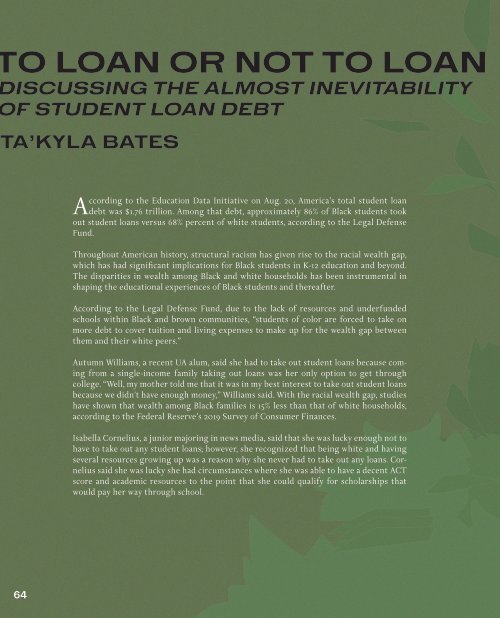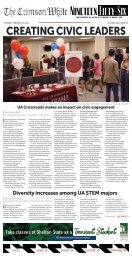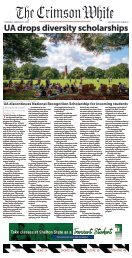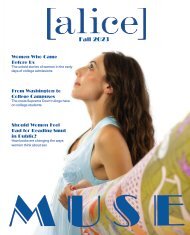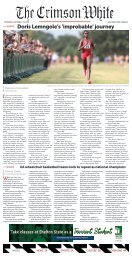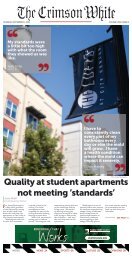Nineteen Fifty-Six Vol. 4 Issue 1
Nelson Mandela once said “Education is the most powerful weapon which you can use to change the world.” With the Fall 2023 Issue of Nineteen Fifty-Six, "Blackology" we wanted to highlight stories of Black Education from past, present and future. Focusing on the beautiful aspects of Black education but also he trials and hardships with it as well. Mostly we wanted to celebrate what it means to Black and Educated in an edition dedicated to Black educators, students and youth.
Nelson Mandela once said “Education is the most powerful weapon which you can use to change the world.” With the Fall 2023 Issue of Nineteen Fifty-Six, "Blackology" we wanted to highlight stories of Black Education from past, present and future. Focusing on the beautiful aspects of Black education but also he trials and hardships with it as well. Mostly we wanted to celebrate what it means to Black and Educated in an edition dedicated to Black educators, students and youth.
You also want an ePaper? Increase the reach of your titles
YUMPU automatically turns print PDFs into web optimized ePapers that Google loves.
O LOAN OR NOT TO LOAN<br />
ISCUSSING THE ALMOST INEVITABILITY<br />
F STUDENT LOAN DEBT<br />
TA’KYLA BATES<br />
According to the Education Data Initiative on Aug. 20, America’s total student loan<br />
debt was $1.76 trillion. Among that debt, approximately 86% of Black students took<br />
out student loans versus 68% percent of white students, according to the Legal Defense<br />
Fund.<br />
Throughout American history, structural racism has given rise to the racial wealth gap,<br />
which has had significant implications for Black students in K-12 education and beyond.<br />
The disparities in wealth among Black and white households has been instrumental in<br />
shaping the educational experiences of Black students and thereafter.<br />
According to the Legal Defense Fund, due to the lack of resources and underfunded<br />
schools within Black and brown communities, “students of color are forced to take on<br />
more debt to cover tuition and living expenses to make up for the wealth gap between<br />
them and their white peers.”<br />
Autumn Williams, a recent UA alum, said she had to take out student loans because coming<br />
from a single-income family taking out loans was her only option to get through<br />
college. “Well, my mother told me that it was in my best interest to take out student loans<br />
because we didn’t have enough money,” Williams said. With the racial wealth gap, studies<br />
have shown that wealth among Black families is 15% less than that of white households,<br />
according to the Federal Reserve’s 2019 Survey of Consumer Finances.<br />
Isabella Cornelius, a junior majoring in news media, said that she was lucky enough not to<br />
have to take out any student loans; however, she recognized that being white and having<br />
several resources growing up was a reason why she never had to take out any loans. Cornelius<br />
said she was lucky she had circumstances where she was able to have a decent ACT<br />
score and academic resources to the point that she could qualify for scholarships that<br />
would pay her way through school.<br />
64


